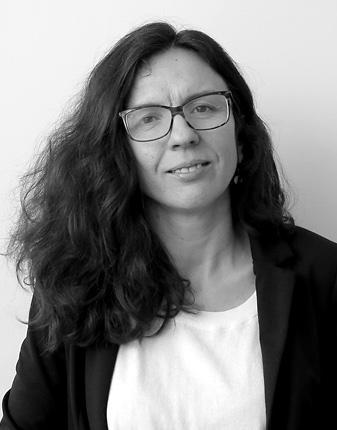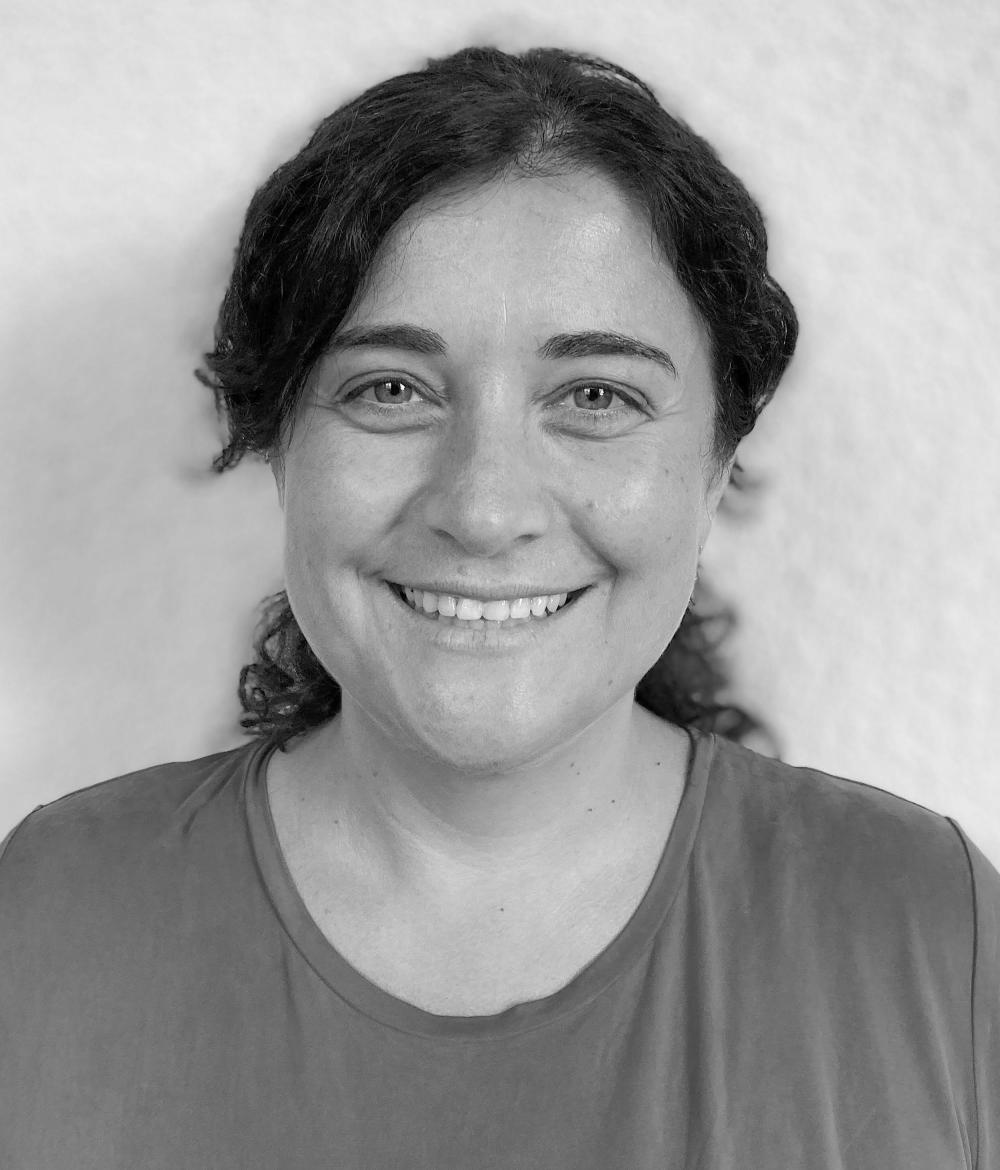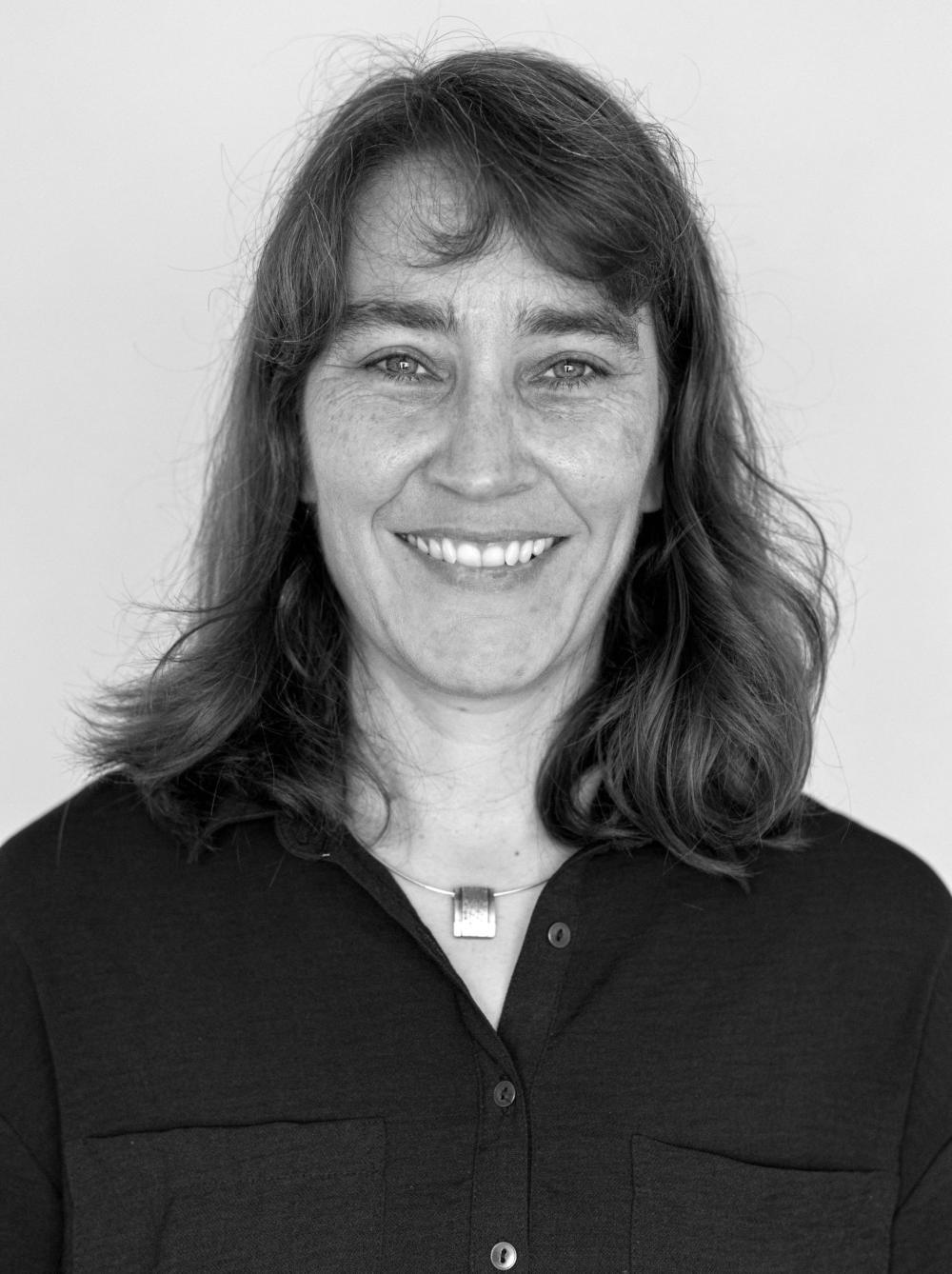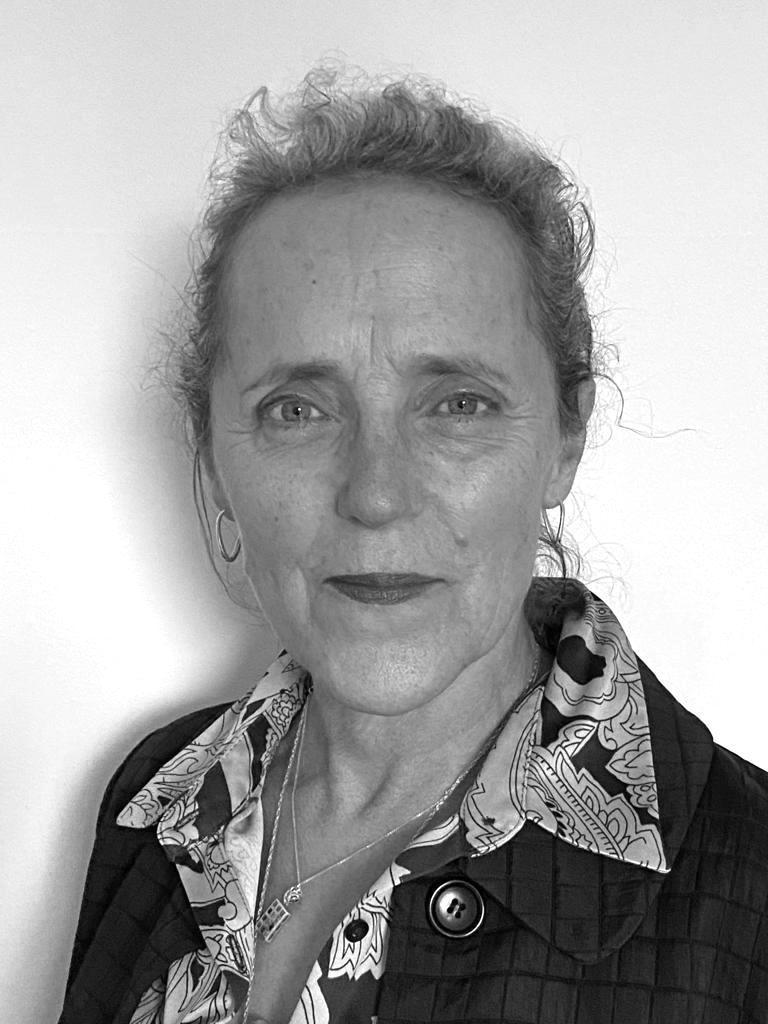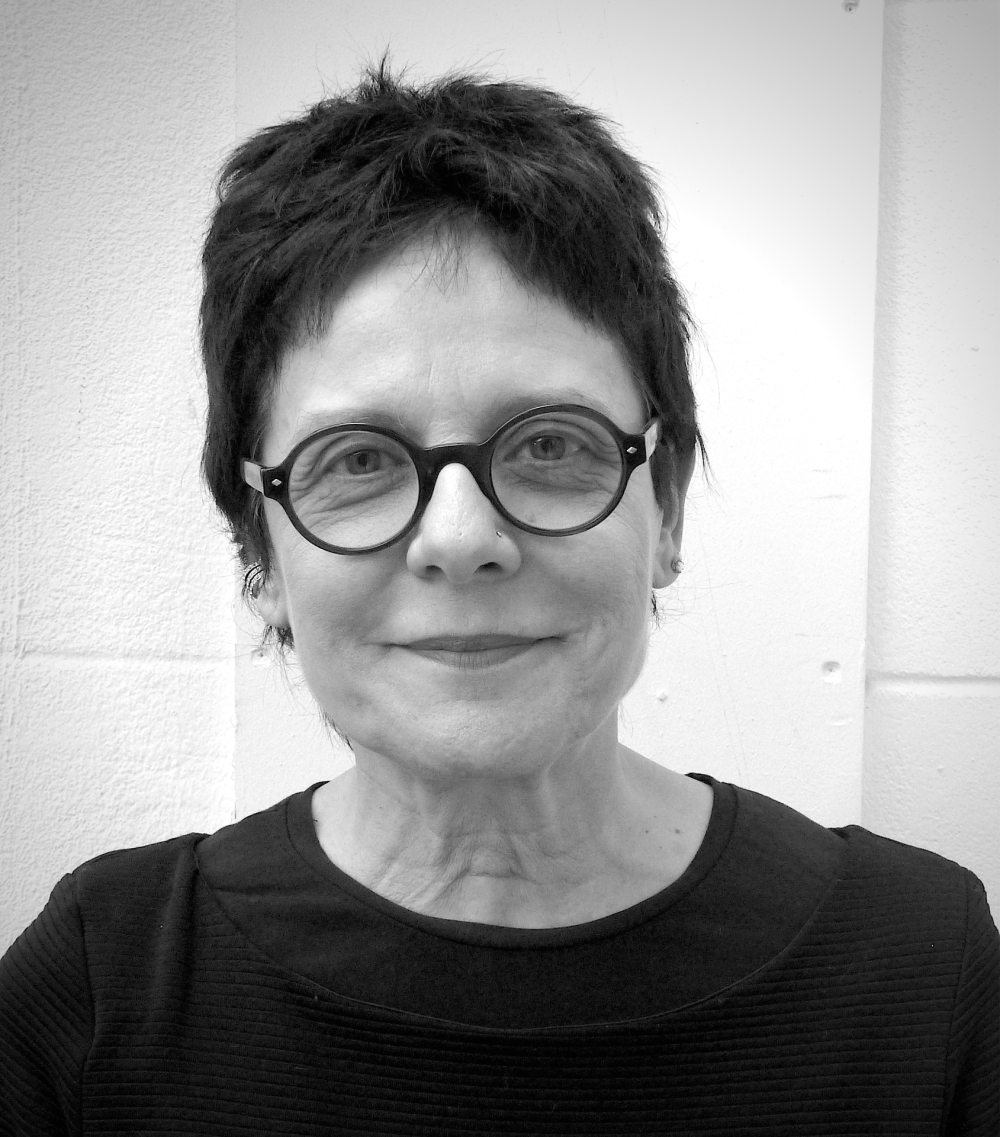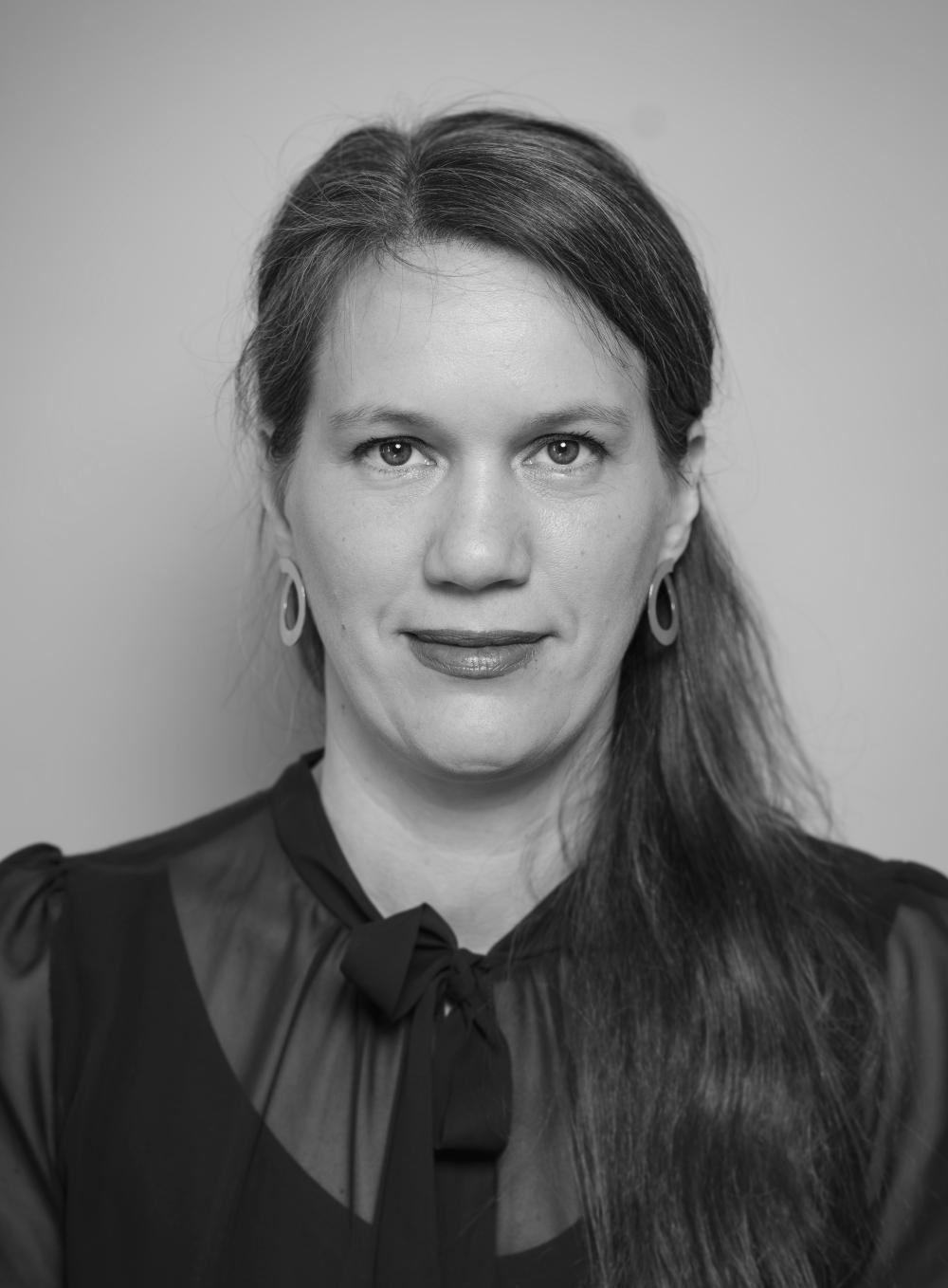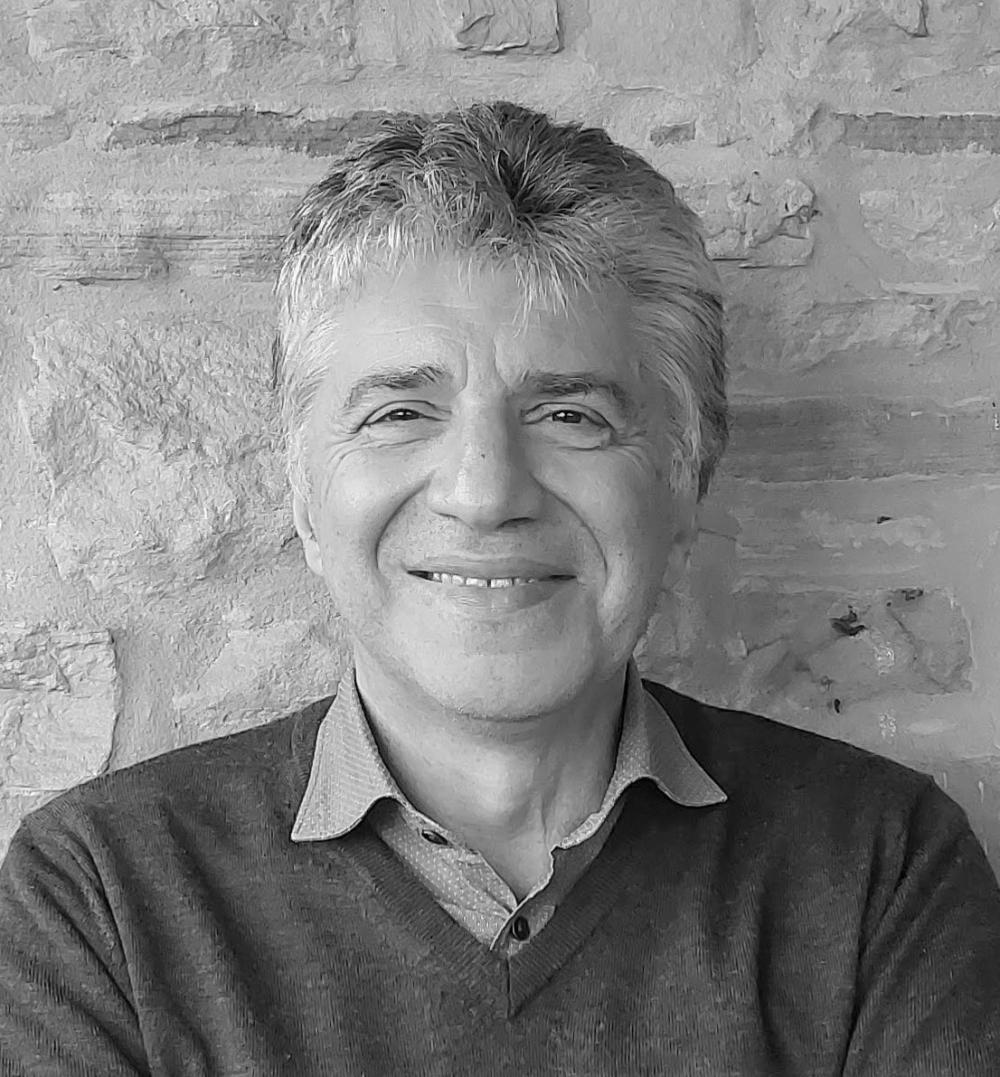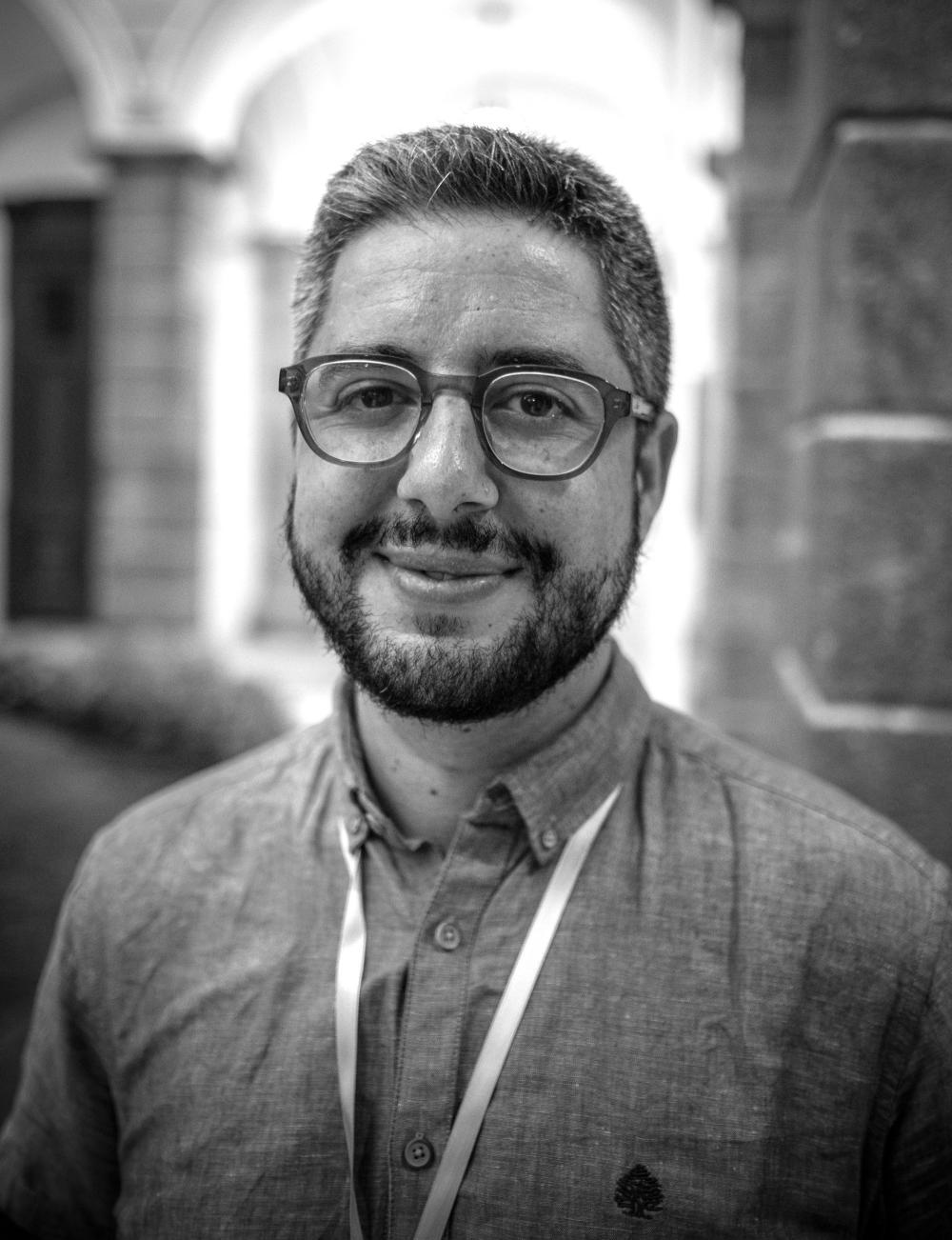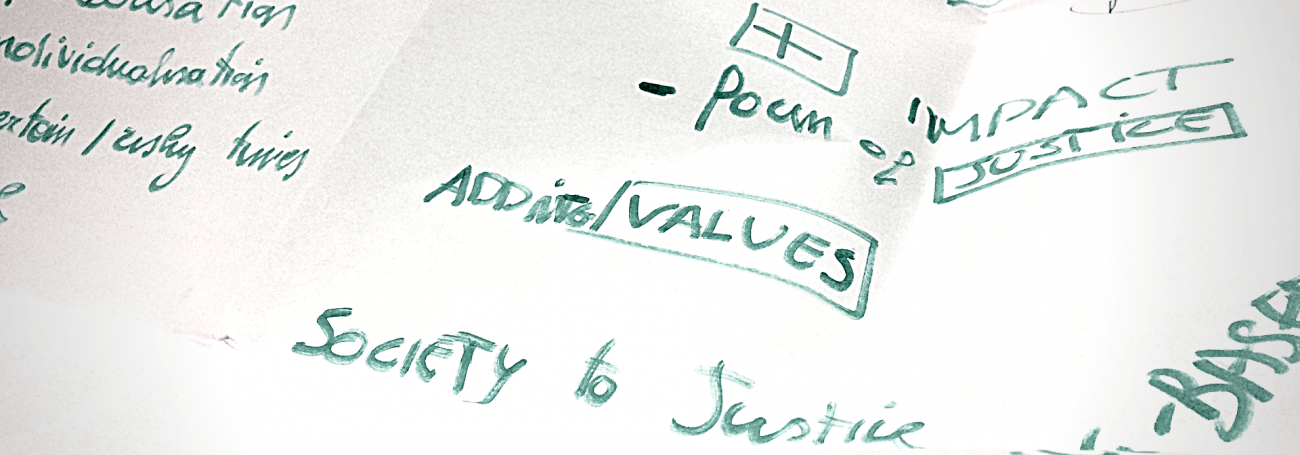
Brunilda Pali (Albania/Belgium) has been a Board Member since 2017 and Secretary of the Board from 2017-2022. Since 2022, she is the Vice Chair of the Board. Brunilda is currently Senior Researcher at KU Leuven (Belgium), Adjunct Professor at the Vermont Law and Graduate School (USA), Co-founder of the multidisciplinary collective The Voice of Nature Kinstitute led by environmental artist Maria Lucia Cruz Correia, and founding member of the Leuven Restorative City vzw.
She publishes extensively on restorative justice and has co-edited Critical Restorative Justice (Hart Publishing, 2017), Restoring Justice and Security in Intercultural Europe (Routledge, 2018), and The Palgrave Handbook of Environmental Restorative Justice (Palgrave, 2022).
Brunilda has an interdisciplinary and intercultural background: she has studied Psychology at the University of Bosphorus in Istanbul (Turkey), Gender Studies at the Central European University in Budapest (Hungary), Cultural Studies at Bilgi University in Istanbul (Turkey), and Criminology at KU Leuven (Belgium).
Her areas of interest are gender, critical social theory, restorative, environmental and social justice, cultural and critical criminology, and arts. She has a blog dedicated to restorative justice Restorotopias and can be reached at brunilda.pali@kuleuven.be

